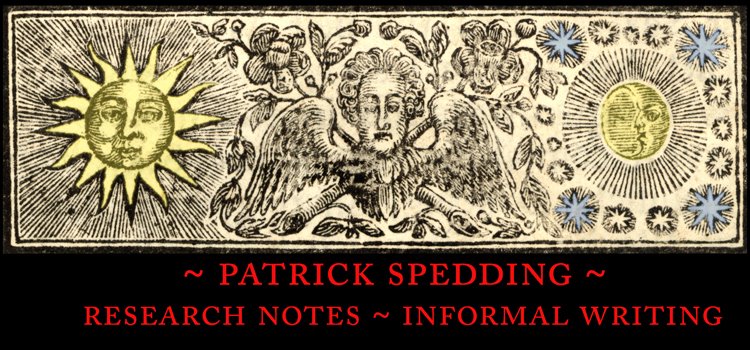The original post (by Christine Karatnytsky) was prompted by a New York Public Library blog postings featuring a small selection of call slips (A History of the Library as Seen Through Notable Researchers).
Since many contributors to the Exlibris-List have written, studied or read studies based on library borrowing records the reaction to this blog post has been mixed, but largely supportive of the NYPL. Others were outraged and argued that the library had no right to retain or publish these call slips.
Personally, I am closer to Edward Levin's position: "there's a world of difference between a scholarly research project and a gratuitous 'books of the celebrities' blog post." And, while I wouldn't want to see the records destroyed, as some contributors would, this sort of populist celebrity-scholar reporting hardly justifies what is perilously close to invasion of privacy.
* * * * *
One contribution in particular caught my eye. Christian Dupont explains that the Harvard College Library charging records between 1762 and 1896 have been digitised and are now available online! This resource is a part of the Harvard collection of resources Reading: Harvard Views of Readers, Readership, and Reading History (under "Using Libraries").
If you click on this link you will find 179 records for individual library account books etc. It takes a while to get the hang of the navigation software, particularly to get the images to appear large enough to read the manuscript entries (which are often cramped). But, flipping through a few volumes and leaves you will find some evidence of "light" reading among the law texts, medical dictionaries and other utilitarian books.
It would take a dedicated researcher to index the books that appear in these manuscript records against a College library catalogue to shine some light on borrowings from the library in the eighteenth-century. Without such an index it would take an even more dedicated Haywood scholar, a hugely dedicated Haywood scholar, to trawl all 179 volumes on the off-chance that a student recorded their borrowing of The Female Spectator. It would be nice if some one were so dedicated, but the chances seem low.
But, if someone were to index these records—and others like them—it wouldn't just be me and other Haywood scholars lining up to pat them on the back: a generation of scholars and PhD students would benefit from it.




No comments:
Post a Comment